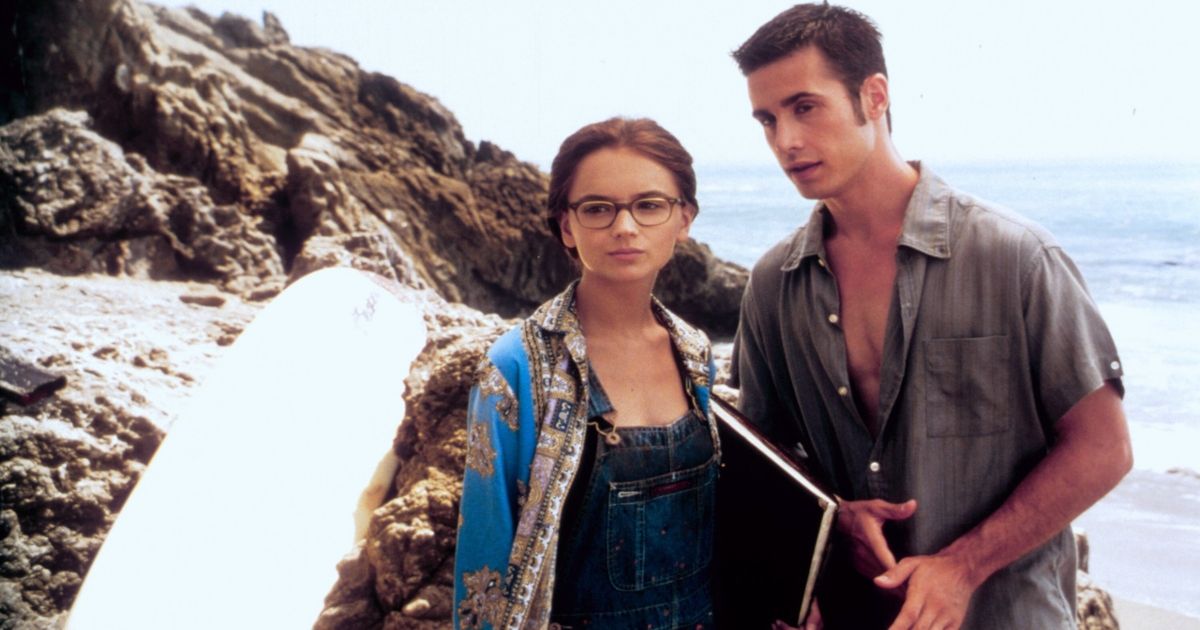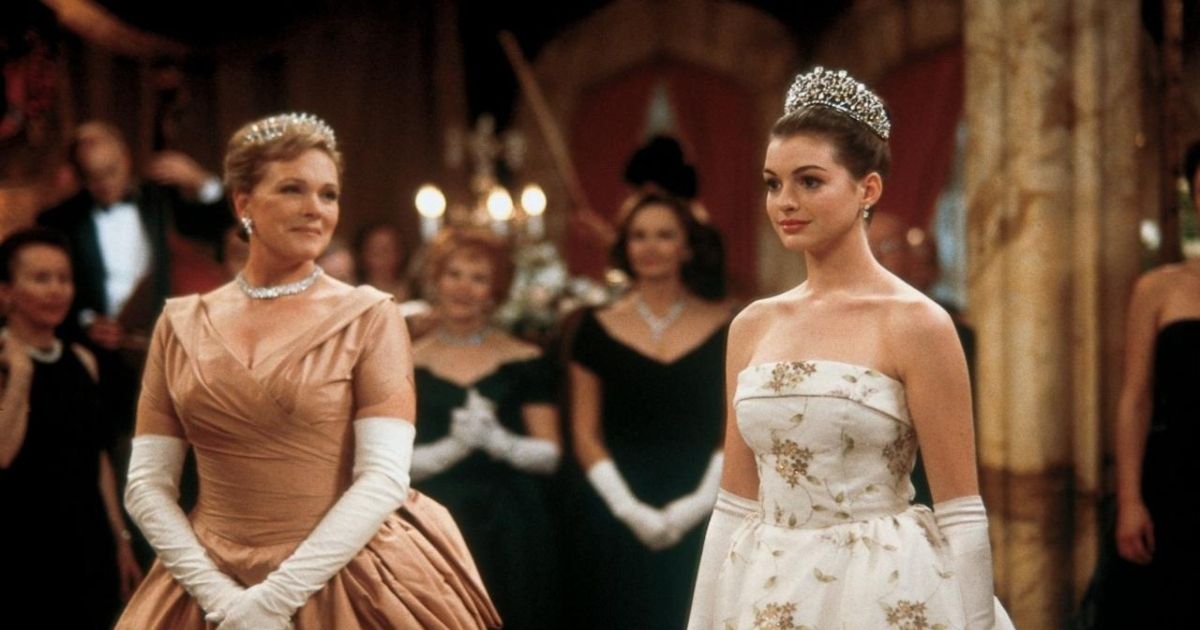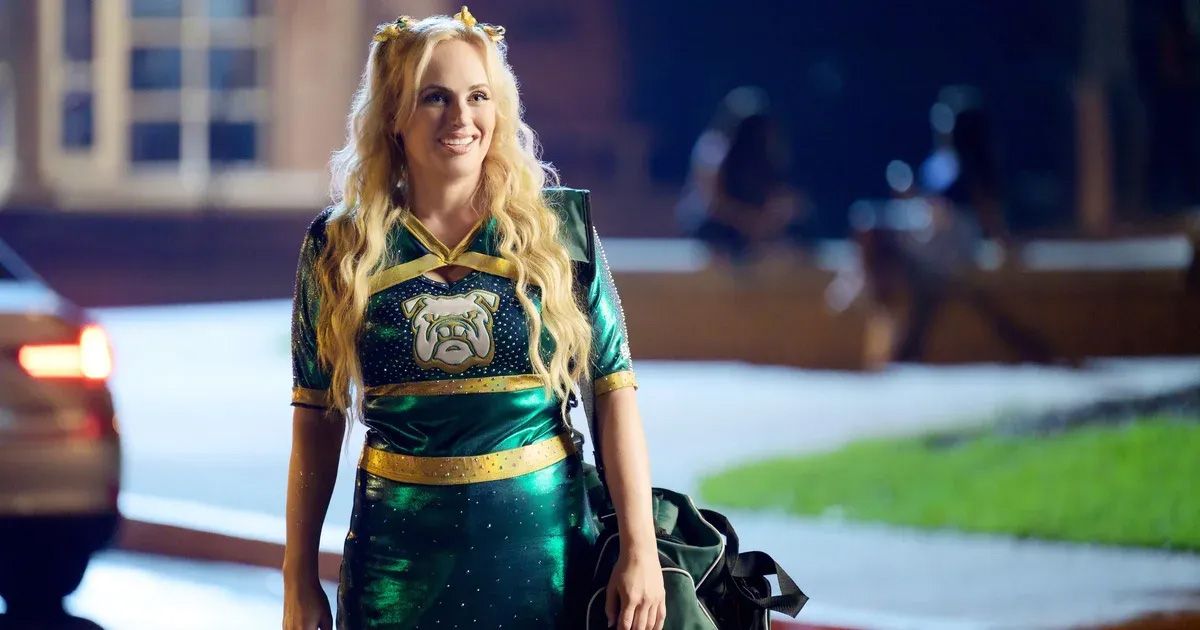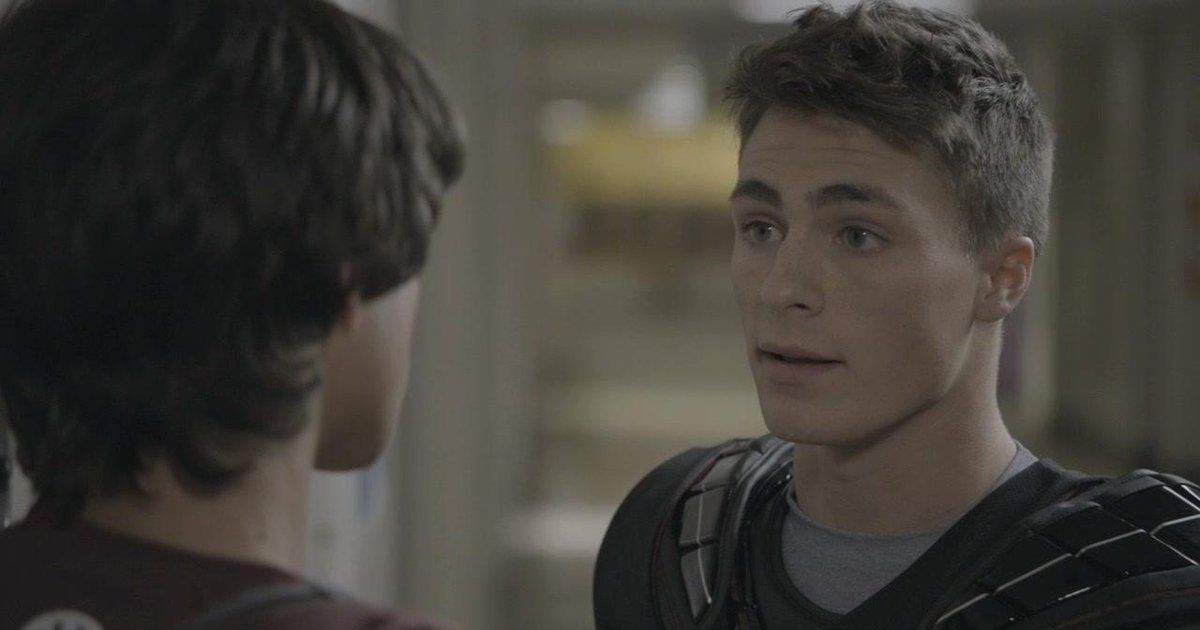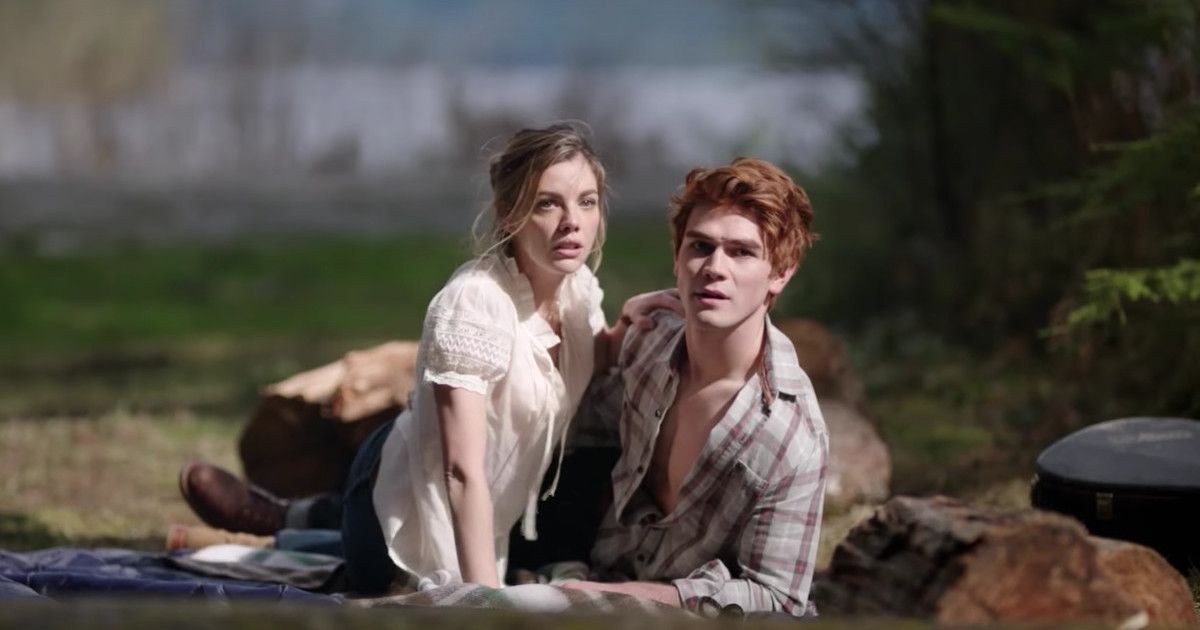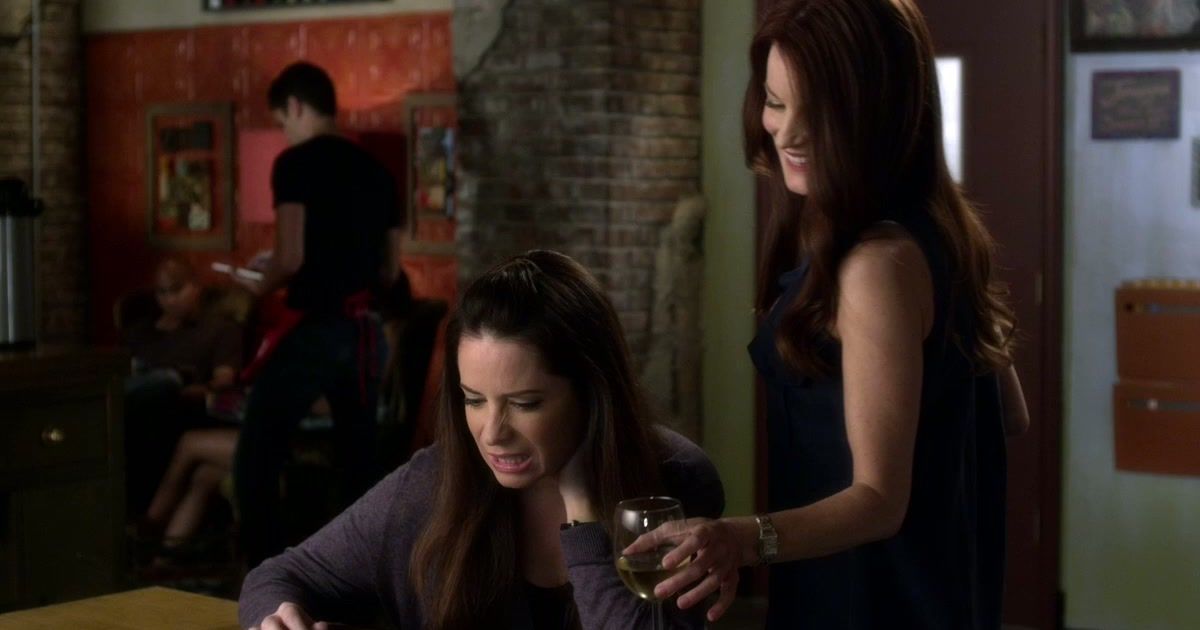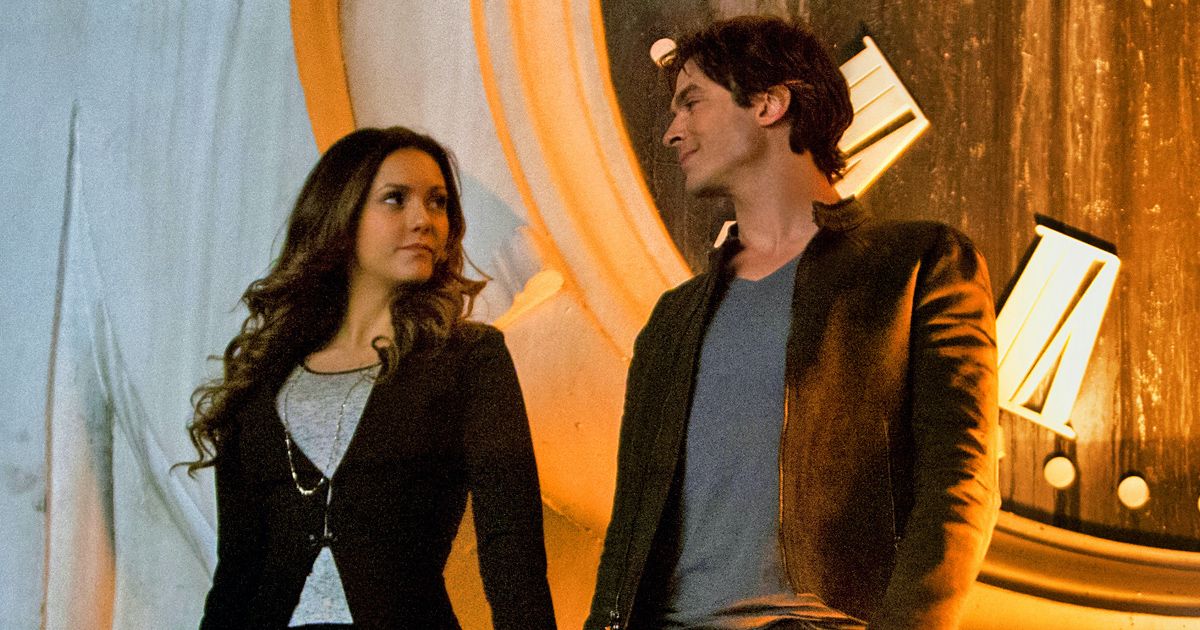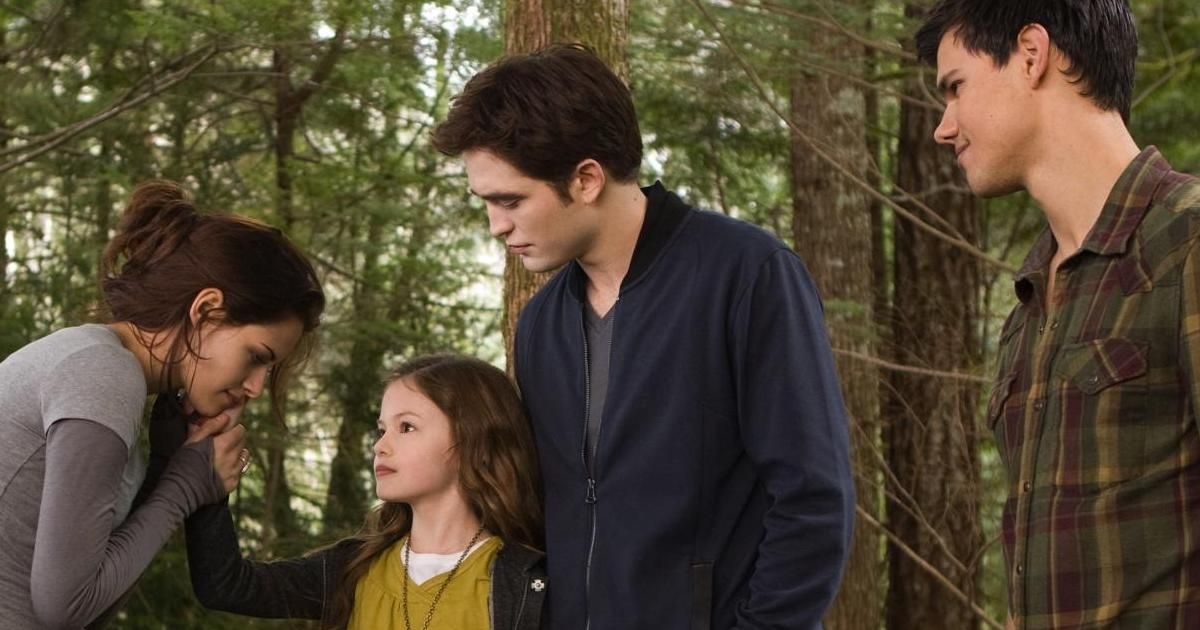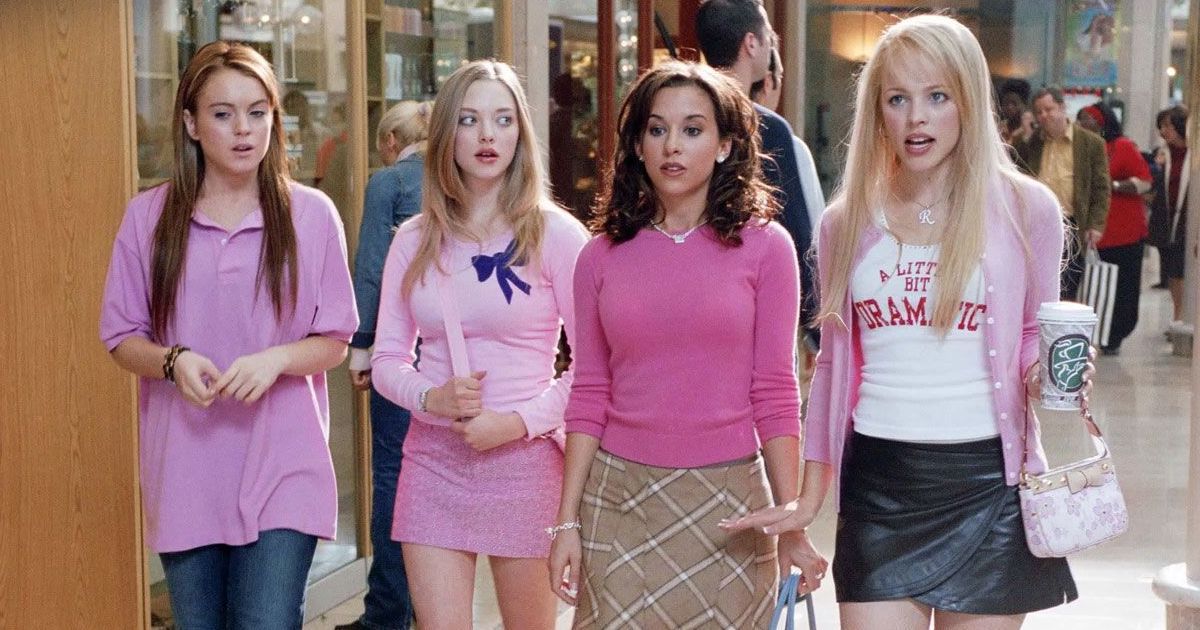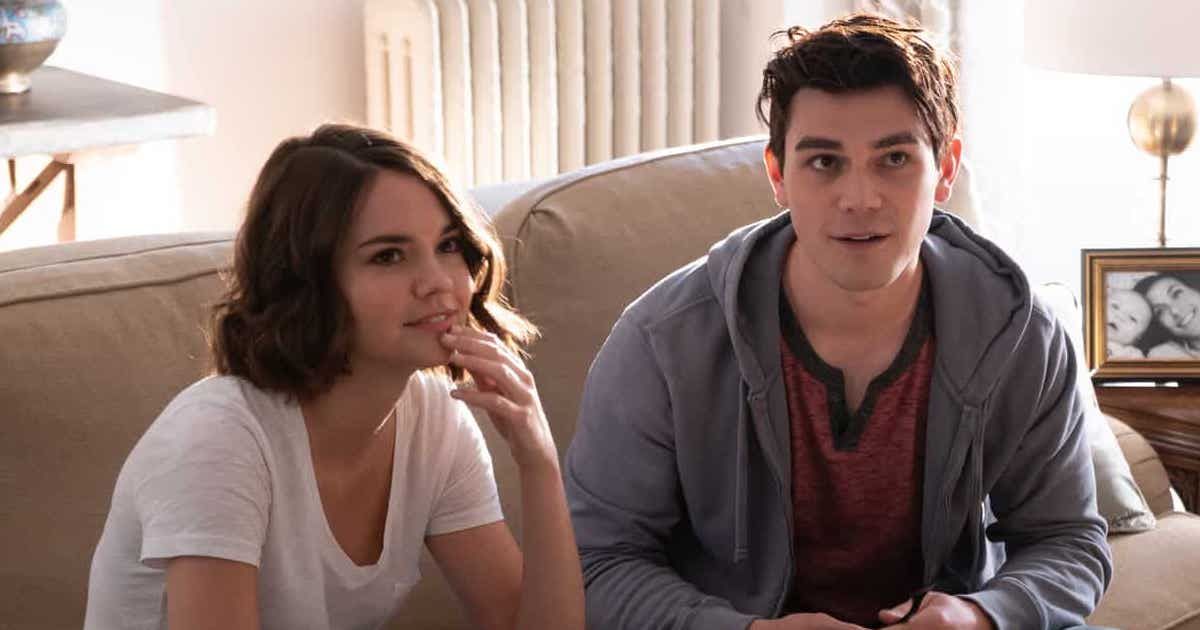What makes a teen show or movie work, and what tends to be overused? Teen movies thrive on a select set of tropes and plot devices, even though some stick out and go against the usual clichés. Unfortunately, plenty of teen shows and movies get stuck in the same storylines or trapped in their strive to tell a different version of the same high school classic. While some take big swings or purposefully make fun of well-known tropes by using satire or parody, others lean into them without having anything of substance to say.
Many teen movies have a makeover montage, showing one of the main characters being wholly revamped from head to toe in minutes, a transformation that makes them unrecognizable. Sometimes, the transition is as simple as removing someone's glasses. Other times, using the head cheerleader or captain of a sports team as the leading bully, which encourages others to make fun of people, or at least not interrupt as they're publicly bullied in school, is another continual plot device for the sake of introducing a villain or conflict. Other times, some of the most overused storylines are problematic, such as romanticizing dangerous behavior or toxic relationships.
The Makeover Montage
How long does it take to take someone considered a "loser" in school and ultimately transform their wardrobe, hair, and identity? In teen movies and shows, only a few minutes. The makeover montage, famously portrayed in She's All That, depicts how removing Laney's glasses and changing her clothes results in a massive transformation, quickly taking her from being low on the totem pole to being considered good-looking. The re-make, He's All That, follows a similar formula, with Cameron undergoing a similar but not nearly as drastic transformation to show how his new clothes and hairstyle affect how others see him. The makeover montage is mainly used to take a non-popular character and suddenly make them attractive to the rest of the student body. It usually occurs in a span of moments.
In The Princess Diaries, Mia undergoes a massive transformation meant to mark the change from an average girl to a budding Princess of Genovia. However, in this case, the makeover montage is not necessarily quick, other than her change in hairstyle. It also encompasses her physical structure as she prepares to understand the proper way to be a princess.
Bullying Head Cheerleader
Why can't cheerleaders be presented as genuinely kind people? Sometimes, they are, but that mainly tends to occur in cheerleading-focused shows or movies where they are the main characters and developed beyond one-note villainy. In other cases, it is far too often that the main villain to the protagonist is a cheerleader whose motives barely go beyond starting the conflict, and usually a crush they both share on the same boy.
In Senior Year, after waking up from her twenty-year coma, Stephanie finds that cheerleading is not what it used to be when she was a teenager. Now filled with more supportive and kind individuals, Stephanie finds new friendships in the teenagers she shares classes with. However, the movie's beginning highlights the issues with the bullying cheerleaders, such as her rival, Tiffany, who encompasses the trope perfectly, even as an adult.
The Mean Jock
Similar to the trope of the bullying head cheerleader, the obnoxious jock, usually the captain of whichever sports team is headlined in the movie, tends to be overly mean or aggressive for almost no reason other than conflict for the sake of a villain. But, again, the high school villain can be someone other than a popular sports star whose job is to knock down the main character's confidence. While some undergo character development, mainly if it is a television show, others are trapped as villains or are only redeemed in the movie's final minutes if the film does not conclude with a moment of karma or revenge against him.
In Teen Wolf, Jackson Whittmore is the scapegoat of the popular bullying jock. He is obnoxious to Scott and Stiles while behaving rudely to his girlfriend, Lydia. In addition, he is conceited, constantly referring to his family's wealth, and acts as if he is better than everyone else. Jackson's desperation to continually be better than everyone leads to his desire to become a werewolf, but as the shape a person takes can reflect their personality, Jackson initially takes the form of something else first, acknowledging his cold-blooded behavior toward others.
Student/Teacher Romance
This one is filed under a category that should never appear, let alone be overused. Riverdale brings it in during the early episodes of season one when Archie is in an inappropriate relationship with his music teacher, Ms. Grundy. Pretty Little Liars uses the trope on Aria and Ezra, but the series also uses a variety of inappropriate relationships featuring adult men and underage girls. On Dawson's Creek, Pacey enters a romantic relationship with his teacher, Tamara Jacobs. The teachers never face the repercussions they should due to these relationships. Even if there are references to consequences or the relationship is wrong, no series goes deeper into punishing the behavior.
The Unaware Parent
One of the most common teen drama tropes finds the show's leading teenagers doing whatever they want at any hour of the day and their parents not knowing any of it. This is primarily shown in Pretty Little Liars, as Spencer, Aria, Hanna, and Emily run around town investigating their neighbors, taking out-of-state road trips, and participating in several illegal activities in their search for "A." At the same time, their parents are unaware of all of it. On The Fosters, for as supportive of their children as Stef and Lena are, they are not aware of several things occurring under their roof.
On Switched at Birth, John, Kathryn, and Regina are not fully aware of the lengths Daphne and Bay are going to, such as Daphne blackmailing a Senator. In Ferris Bueller's Day Off, Ferris successfully ditches school with his best friend and girlfriend, and neither of his parents is aware of it, even when his sister and school principal attempt to bust him.
Toxic Relationships
When Elena Gilbert and Damon Salvatore directly commented that their romance was toxic, it might have been a sign to end it. But instead, they ignore several red flags, including Damon's history of abusing Elena's best friend, Caroline, and snapping her brother Jeremy's neck. But perhaps one of the worst parts is how the duo ends up together anyway, even though their relationship never gets healthier. Pretty Little Liars also encourages a toxic relationship in the illegal romance between Aria and Ezra. First, the show portrays their relationship as a star-crossed lovers' affair between a legal adult and his underage student. Later, when it is revealed that he actively stalked her, Pretty Little Liars still encourages their romance.
Romanticizing Problematic Behavior
The Twilight Franchise, as it turns out, is a playground for severely problematic relationships. The central romance between Edward and Bella includes several red flag moments, including, if the massive age gap is not enough, Edward sneaking into Bella's room while she sleeps. Later, Bella actively places herself in near-death situations to see Edward. However, Edward and Bella are not the only profoundly problematic pair in the series. Somehow, it gets worse when Jacob imprints on Bella and Edward's newborn daughter, Renesmee.
Introducing The Cliques
Mean Girls shines with this one, introducing Candy to the various groups of people that make up the distinguished cliques on campus. This trope is not necessarily that difficult as it is relatively quick, does not take up the entire show or movie to introduce, and is not a significant plot point. However, it is overused as several shows and films have used it to introduce the new characters to how this high school works. It shows who is supposedly popular or not on campus and what different people are interested in. On Wednesday, it is used to introduce Wednesday to the other supernatural beings at Nevermore. Do Revenge also uses it when Eleanor is new in school.
Always Accepted Into Impressive Universities
In The Last Summer, one of Griffin's biggest troubles has him dealing with his acceptance to Columbia University while he wishes to attend Berklee College of Music. Meanwhile, Phoebe plans to attend NYU. In The Kissing Booth, Elle wonders if she should attend Harvard. In Riverdale, Veronica claims she can easily attend Harvard. Teen movies and shows tend to suggest it is easy to be accepted to Ivy League schools, with many central characters questioning which Ivy League they should attend rather than debating between state colleges. There is nothing wrong with not attending an Ivy League, and it may be a more relatable decision.

